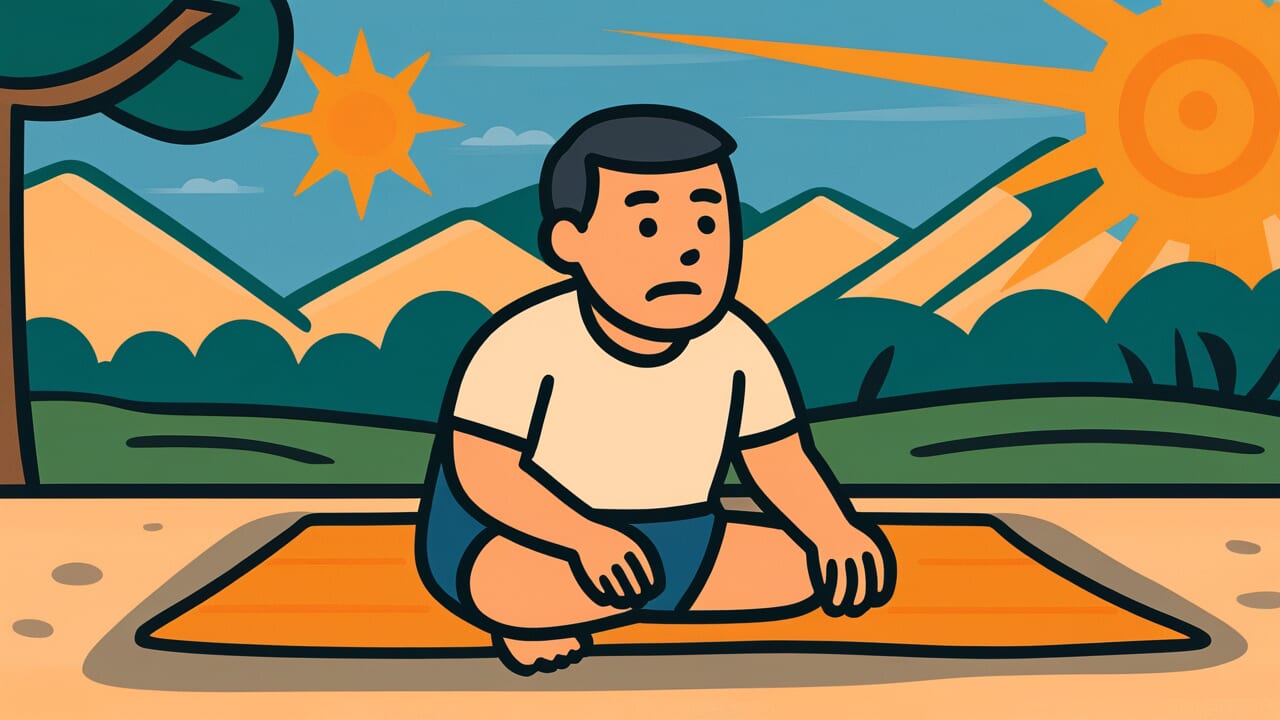How to Read “Forget the heat and forget the shade”
Atsusa wasurete kage wasuru
Meaning of “Forget the heat and forget the shade”
This proverb warns against a common human tendency. When we’re suffering, we deeply appreciate help from others. But once things get better, we often forget that kindness.
The image is simple and powerful. When you’re suffering in the heat, shade feels like a blessing. But once you cool down, you forget how grateful you were for that shade.
The same thing happens with people. Someone helps you through a difficult time. You feel truly grateful then. But when your troubles pass, that gratitude fades away too.
People use this proverb to criticize ungrateful behavior. It reminds us to keep appreciating those who helped us, even after our problems are solved.
This happens all the time today. Someone only calls when they need something. Once you help them, they disappear. That’s exactly what “Forget the heat and forget the shade” describes.
The proverb teaches an important lesson about relationships. Stay humble and grateful, even when times are good. Remember who stood by you when things were hard.
Origin and Etymology
The exact origin of this proverb isn’t clearly documented. But its structure shows it came from real Japanese life experiences.
The contrast between “heat” and “shade” is the heart of this saying. Imagine walking under the blazing sun, sweating heavily. When you finally find shade from a tree or building, it feels like salvation.
That coolness is pure relief. But here’s the strange part. Once you rest and feel comfortable again, you forget how terrible the heat was. You also forget how grateful you felt for that shade.
This expression likely came from Japan’s harsh summer climate. People working in fields or traveling on foot relied on shade for survival. These everyday experiences became a metaphor for human psychology.
There’s a similar proverb: “Once it passes your throat, you forget the heat.” But “Forget the heat and forget the shade” goes deeper. It’s not just about forgetting pain.
It’s about forgetting the kindness that relieved that pain. This proverb captures a more complex human weakness. Our ancestors used nature to express this truth about gratitude fading over time.
Usage Examples
- When I was sick in bed, my friend visited every day. Now that I’m healthy, I haven’t called once. That’s “Forget the heat and forget the shade.”
- He got a loan when his startup was struggling. Now that he’s successful, he ignores his benefactor. That’s “Forget the heat and forget the shade.”
Universal Wisdom
This proverb reveals something strange about human memory and emotion. Why do we forget not just our suffering, but also the people who helped us through it?
Perhaps it’s because our minds are designed to live in the present. When we’re suffering, our hearts focus on seeking help. The gratitude we feel then is genuine and real.
But when circumstances change, our minds adapt to the new reality. Past suffering becomes a distant memory. This might be a survival mechanism. If we remembered pain too vividly, we couldn’t move forward.
However, the proverb warns us about a side effect of forgetting pain. When suffering fades, the warmth of helping hands fades too. This is one of the saddest disconnections in human relationships.
Our ancestors understood this human nature well. That’s why they used a universal metaphor from nature. Something everyone has experienced. They’re asking us a question through this image.
When you feel better, remember when you felt worse. Don’t forget the faces of those who helped you. Gratitude is fragile. Unless you consciously maintain it, it disappears.
When AI Hears This
Human memory isn’t like video recording. It’s more like an edited movie trailer. Kahneman’s experiments showed something fascinating about pain and memory.
Subjects put their hands in cold water for different lengths of time. But they judged which experience was worse based only on two things. The most painful moment and the final sensation.
The total duration and average pain level barely affected their memory. This reveals how memory actually works in the human brain.
“Forgetting the shade” in this proverb follows the opposite pattern. The peak of suffering from heat gets recorded strongly in memory. But the shade that relieved that suffering gets overwritten by the “end” part.
The comfort you feel after cooling down replaces everything else. The brain records the pain itself and the relief after pain ends. But it deletes the “rescue process” in between from memory.
What’s more interesting is that this memory distortion has survival logic. The brain saves important information with limited capacity. So it only records “worst state” and “outcome.”
But in modern society, this energy-saving design creates a side effect. Ingratitude in relationships. The existence of people who helped us easily drops out of memory between suffering and relief.
Lessons for Today
This proverb teaches us that gratitude is a habit we must consciously cultivate. Appreciation for people who helped us during hard times naturally fades if left alone.
That’s why we need to deliberately remember, express in words, and show through actions. Gratitude requires active maintenance.
Modern society makes relationships more superficial. We connect easily through social media. But opportunities to express deep gratitude are decreasing. That’s why this proverb’s lesson matters more than ever.
Try this practical approach. Set aside time regularly to remember “people who helped me back then.” Write in a journal, send thank-you letters, or reach out after a long time.
Even small actions matter. By giving gratitude a concrete form, you cultivate a heart that doesn’t forget kindness.
And most importantly, when you help someone, don’t blame them if they forget. Understand that humans are forgetful creatures. Extend your hand without expecting anything in return.
When you can offer that kind of kindness, you truly embody the teaching of this proverb. Not by never forgetting, but by understanding forgetting and choosing generosity anyway.



Comments